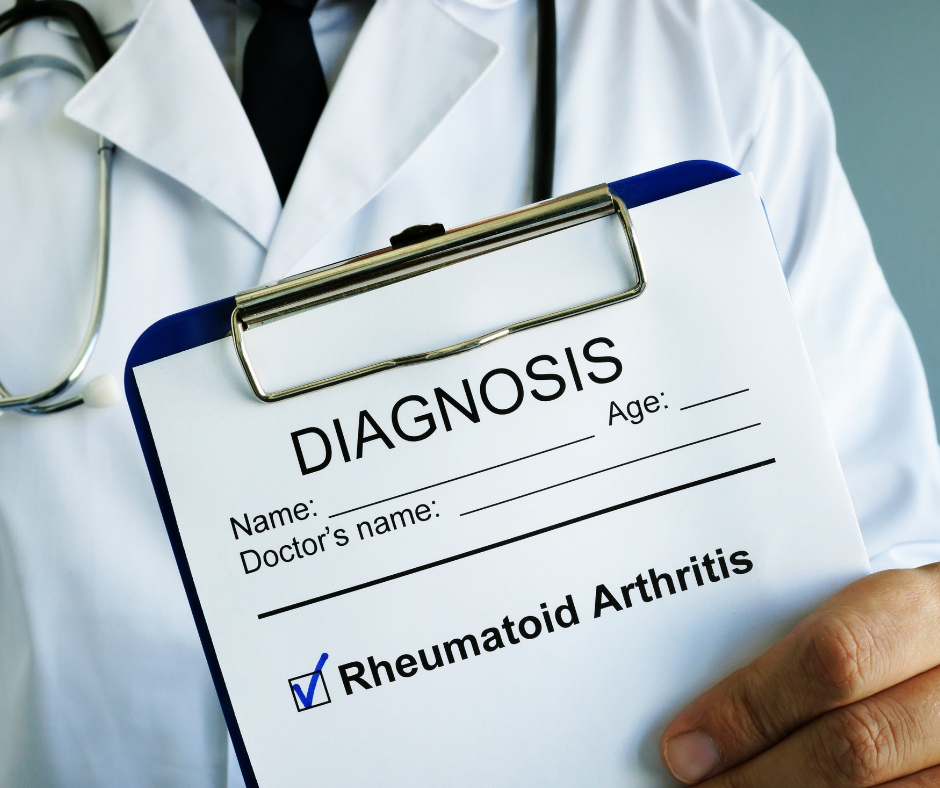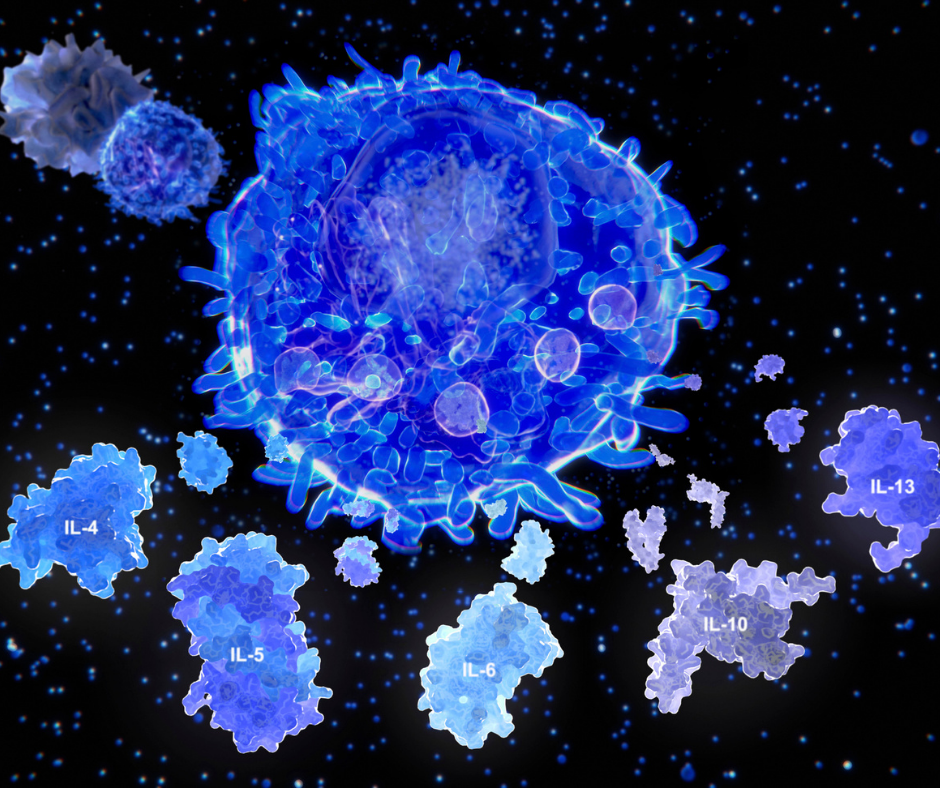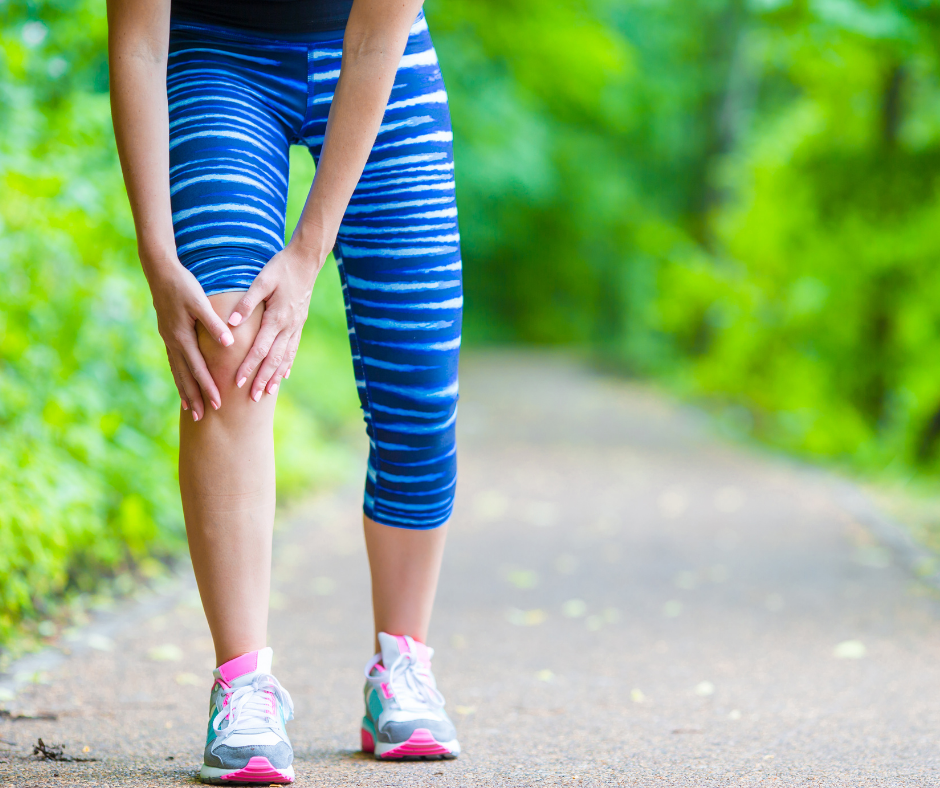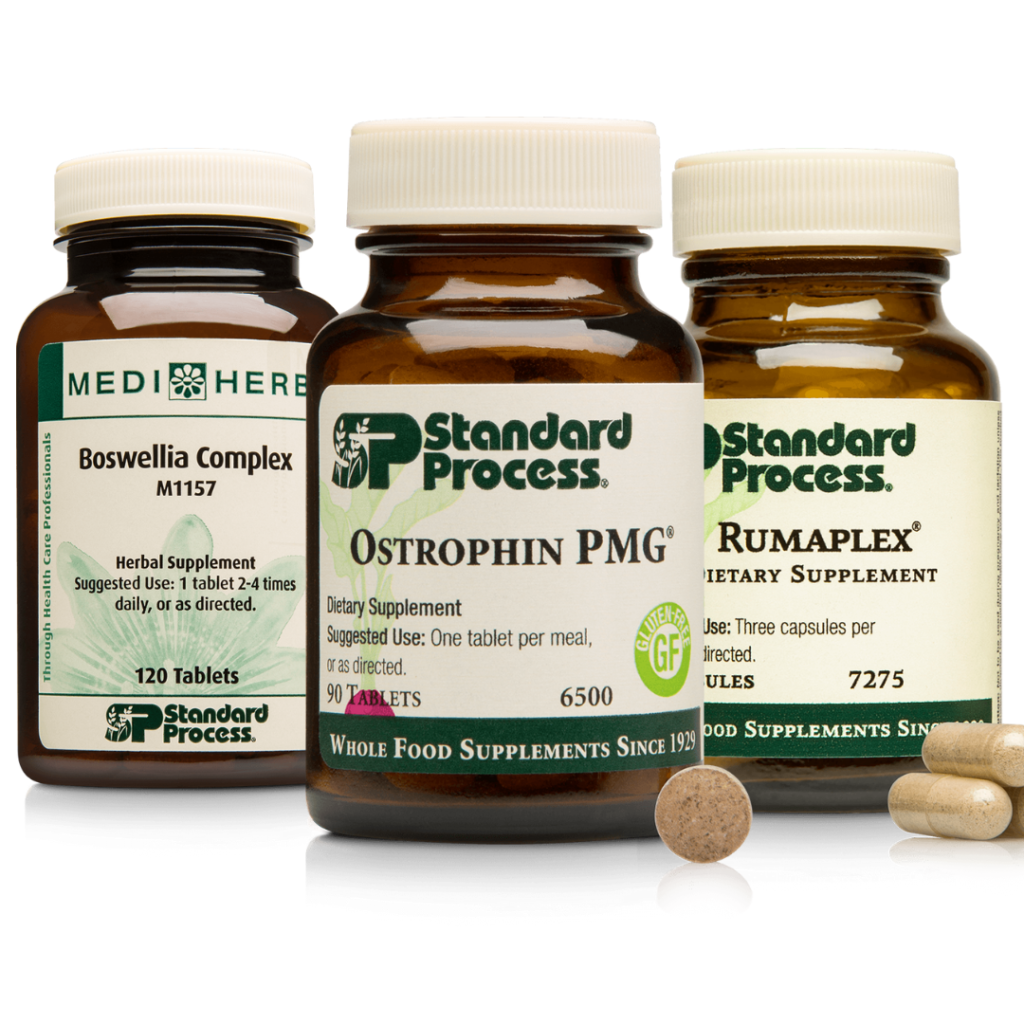By Claire Bacon, ACN, CNC
Aches and pains, stiffness and soreness. Is it just a “normal” part of getting older? Or, could it be something more? It seems like more and more of our friends and family are dealing with autoimmunity – especially women! Autoimmune disease occurs when the immune system identifies your body tissues as foreign invaders and begins to attack them. The disease is classified by the main tissue the immune system attacks. Today, we’re specifically discussing how autoimmunity affects bones and joints – commonly known as rheumatoid arthritis.
Signs that it’s time to see a doctor: tender, warm, swollen joints; joint stiffness that is usually worse in the mornings and after inactivity; fatigue, fever and loss of appetite. You will want to get some specialized labs done: Anti-nuclear antibodies, Rh Factor, Anti-CCP antibodies, as well as HLA DRB1 and DRB345. If these things are positive, you’ve got your answer. And it’s a good thing – because there is a clear path to how you can quickly start feeling better!
It’s important to note that an autoimmune diagnosis does not mean there is no hope. Autoimmune symptoms vary, so depending on how you manage your diet and lifestyle, you always have the opportunity to reclaim your health. However, antibodies remain detectable and may flare up on occasion. So, you may not ever be completely “out of the woods”.
In the functional nutrition world, we do not chase diagnoses. Rather, we always look to support the whole body wherever we see patterns of functional weaknesses. Our goal is to help you stay symptom-free as much as possible by 1) identifying the cause(s) unique to you, 2) staying away from triggers, and 3) continually working on normalizing the function of your immune system.

What causes autoimmunity?
Although genetic predisposition is a factor, we see that toxic environmental factors play the largest role in the onset and progression of autoimmunity. These could include chemical exposure (like glyphosate, parabens and fragrance), inflammatory dietary proteins and sugar, and underlying gut infections (yeast overgrowth and dysbiosis). We like to say that all autoimmunity begins in the gut. A damaged mucosal lining allows microscopic food proteins, yeast, and waste products to slip past the gut barrier, and enter into the bloodstream. These proteins and waste products are not supposed to be there! So, the immune system tags them with antibodies for attack and removal.

How autoimmunity affects bones and joints
In the case of rheumatoid arthritis, the joints and bones experience inflammation, swelling and frequent pain. The inflammatory attack by the immune system gradually weakens cartilage and attack the synovium. The synovium is a tough capsule that holds the joint in place and produces synovial fluid.
Synovial fluid is a clear, gel-like fluid that fills most of the joints of the body, to provide lubrication. The synovial fluid allows the joint to move freely throughout its entire range of motion. It is the medium through which oxygen and other nutrients are delivered to the cartilage, which does not have a blood supply of its own. As the rheumatoid condition progresses, the synovium swells and thickens, producing an excess of synovial fluid. This in turn, causes pain and stiffness in the joint. The excess synovial fluid stretches out the synovium, which progressively makes the joint much less stable.
With rheumatoid conditions, we usually find that yeast overgrowth and other pathogenic bacteria are present. An overgrowth in the gut can lead to permeability of the gut lining, and presence of yeast within the synovium. We presume the autoimmune attack can be triggered by the yeast because the molecular structure of the synovium looks similar to yeast to the immune targeting cells. The concept is called “molecular mimicry.” In many cases, removing these triggers helps to lessen symptoms.
What can we do?

We have all been told many times that “80% of the immune system resides in the gut.” Because so many immune cells are located within the gastrointestinal tract, we may also say that an unhealthy gut leads to immune deficiencies. Therefore, maintaining healthy gut bacteria and an intact gut lining are paramount to your overall health. We can accomplish this by:
- Following an anti-inflammatory diet – specifically, the Autoimmune Protocol Diet, which removes wheat, dairy, corn, soy, legumes, nuts and seeds, chocolate and nightshades.
- Eliminate sugar, alcohol, and other simple carbohydrates as much as possible. Sometimes even fruit sugar (fructose) is a major trigger!
- Stress management, as we know that stress hormones cause detrimental changes to the living bacteria in the gut.
- Get your gut microbiome right (through the use of supplemental enzymes, probiotics, and herbs). More on this later!
- Get plenty of sleep, as this is the time we accomplish growth and repair of all body systems.
- Continually work on detoxification to remove guanidine from the liver. Guanidine is an alkaline substance that can build up, causing stiffness in the joints.
- Supplement to cover the necessary minerals, especially Calcium and Vitamin C for bone repair.
There are so many ways to manage how autoimmunity affects your bones and joints! And don’t forget to see your Chiropractor regularly!
Favorite Supplements for Autoimmune Joints

There are many supplements you can use to bring down inflammation and promote healing. Of course, we have a few favorites! These supplements provide nutrients we would not normally get in our diets…
- Rumaplex – multimineral containing liver and kidney flushing factors, with calcium, B vitamins and phosphatase to help absorption of minerals into the bones.
- Ostrophin PMG – cold processed veal bone – the foundational building blocks of bones and joints.
- Boswellia Complex – herbal combo of Boswellia, Ginger, Celery seed, and Turmeric for inflammation in the joints. Need to take with essential fatty acids like a high quality fish oil in order to activate the anti-inflammatory effects of the herbs.
- FC-Cidal is another good choice, to address the potential yeast overgrowth in the synovial fluid and digestive system.
Essential Oils for Arthritic Joints
Essential oils are powerful tools in combatting aches and pains naturally. Maybe you have some at home, and didn’t know how versatile they were? Or maybe you’re brand new to oils and like the idea of trying natural remedies without synthetic chemicals? Either way, we’ve got some great ideas for you!
Some of the best choices for achy arthritic joints are: Peppermint, Wintergreen, Frankincense, Eucalyptus, Cypress, Juniper, Rosemary, and Clove. Missing one? That’s ok, you can mix and match with what you have!

Final Thoughts
Please note that a hereditary increased risk of autoimmune disease does not necessarily mean you will develop that disease. The internal environment has to be favorable for the condition to exist and to progress. Even if you have started to experience symptoms, by taking a strategic approach to eliminating triggers, you can turn things back around. Your diet and lifestyle are powerful tools that are totally within your control!


